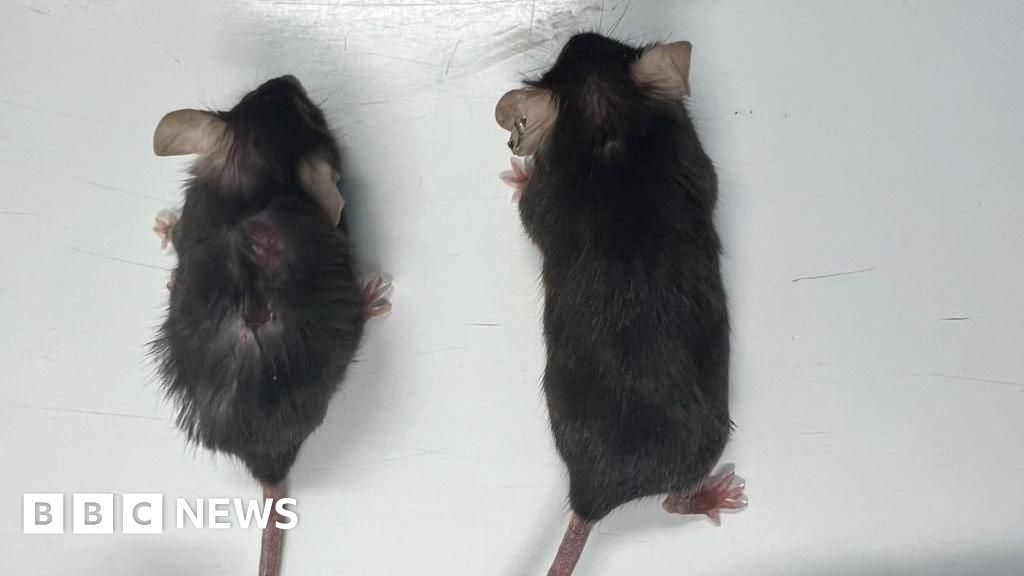In a groundbreaking discovery, scientists have found that blocking the inflammatory protein IL-11 can significantly extend the healthy lifespan of mice by almost 25%. This was revealed in studies conducted by researchers at the Medical Research Council Laboratory of Medical Science and Imperial College London, as well as Duke-NUS Medical School in Singapore.
The scientists discovered that IL-11 is a pro-fibrotic and pro-inflammatory protein, previously mischaracterized as anti-fibrotic and anti-inflammatory. IL-11 levels increase with age in both mice and humans, contributing to negative effects such as inflammation, preventing organ regeneration, and promoting signs of aging like frailty and muscle wasting.
To test the effects of IL-11 blockage, researchers created mice that had the gene producing IL-11 deleted. This extended the lives of the mice by over 20% on average. Additionally, they treated 75-week-old mice with an anti-IL-11 antibody and found that both male and female mice experienced a lifespan extension of more than 20%.
The treatment largely reduced deaths from cancer in the animals and improved muscle strength, reducing diseases caused by fibrosis, chronic inflammation, and poor metabolism which are hallmarks of aging.
Anti-IL-11 treatments are currently in human clinical trials for other conditions. This presents opportunities to study their effects on ageing humans in the future.
Multimorbidity (a range of conditions including lung disease, cardiovascular disease, diabetes, vision and hearing decline) and frailty are among the biggest global healthcare challenges of the 21st century. The findings from these studies could potentially lead to new treatments for age-related diseases in humans.
It is important to note that some amount of inflammation as we age is normal. However, excessive amounts damage cells, which is believed to accelerate aging. Stifling inflammation could therefore slow age-related declines in health.
Sources:
- EurekAlert! News Release: Switching off inflammatory protein leads to longer, healthier lifespans in mice (2024, July 17). MRC Laboratory of Medical Science / Duke-NUS Medical School.
- New Scientist: Anti-inflammatory drug extended the lifespan of mice by 20 per cent (2024, July 17).
- Financial Times: New anti-ageing therapy extends life of mice by 25%, study finds (2024, July 17).
- BBC News: Anti-ageing 'supermodel granny' drug extends life in animal tests (2024, July 17).


